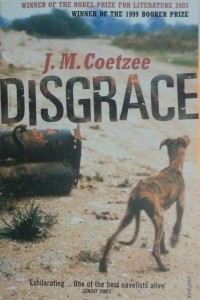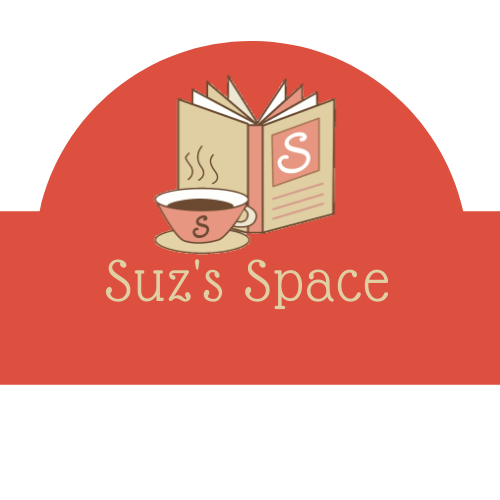
This is one of the books I’m studying this trimester, it’s another case of ‘I have no other books as I haven’t had time to read much besides uni stuff.’ I’m not going to apologise as it’s well worth the read despite the main character. This book is not for the faint hearted and I should put a trigger warning here and now.
Disgrace is set in South Africa after Apartheid. It’s the story of a man in his early 50s, he’s a university professor and he feels very much entitled to everything he can take. Yes, he’s white, however did you guess? He has an affair with a young student, this leads to him losing his job and finding himself at a loose end he decides to visit his daughter.
David is our protagonist and I finished the book thinking what a horrible man he was, I feel we’re not meant to like him. We see everything through his eyes and when his daughter is raped we’re shown more of the effect on him and his masculinity in not being able to help than how it affects her.
This is a great book as it shows us a slice of life in South Africa at a time which is still in major flux. There’s a lot we’re not shown as it’s all from a white man’s perspective. We don’t see what it’s like for a woman, although we do get glimpses of it albeit from the point of a view of a man who doesn’t understand what’s going on. We don’t see what it’s like from a black man’s point of view, that would be an entirely different book and one I’d like to read. We do see a black man owning property and making an offer to spread his protection over a white lesbian woman. Let me talk about some of this paragraph.
Apartheid was a time in South Africa’s history where black people were marginalised and had no say in the running of the country. Yes, there were more of them but they were downtrodden and ruled by white men. Nelson Mandela was a leading force in bringing about change and that change totally destabilised society. White men now feared backlash from the blacks for all their oppressive ways.
Once apartheid had finished the whole community was changed. Blacks were allowed to own land, were allowed to sit in the same places as whites and allowed to eat in the same places as whites. Much of the underlying tension came out with violence and it seems those who received the worst of it were white lesbian women who were able to support themselves financially. This was seen as an affront to the patriarchal society and many of them were raped, seen as ‘corrective rape’ whereby it would turn these women straight. I found a news article about it.
David’s daughter (David – protagonist, Lucy – daughter) was living with another woman and we’re meant to assume she’s lesbian. She’s supporting herself by her own output, living on her land and giving her a bit of muscle is Petrus, a black man. The outcome of Lucy’s rape is that Petrus offers to marry her. Lucy accepts the offer but refuses to live with him, this puts her under his protection and means she is now safe from being raped. David can’t understand nor cope with this new system.
It’s a well written book. You do need to know some of the background surrounding apartheid and the ramifications of post apartheid in order to appreciate how good the writing really is. But even without some of that you can still get a good idea of how a man in this situation thinks.

